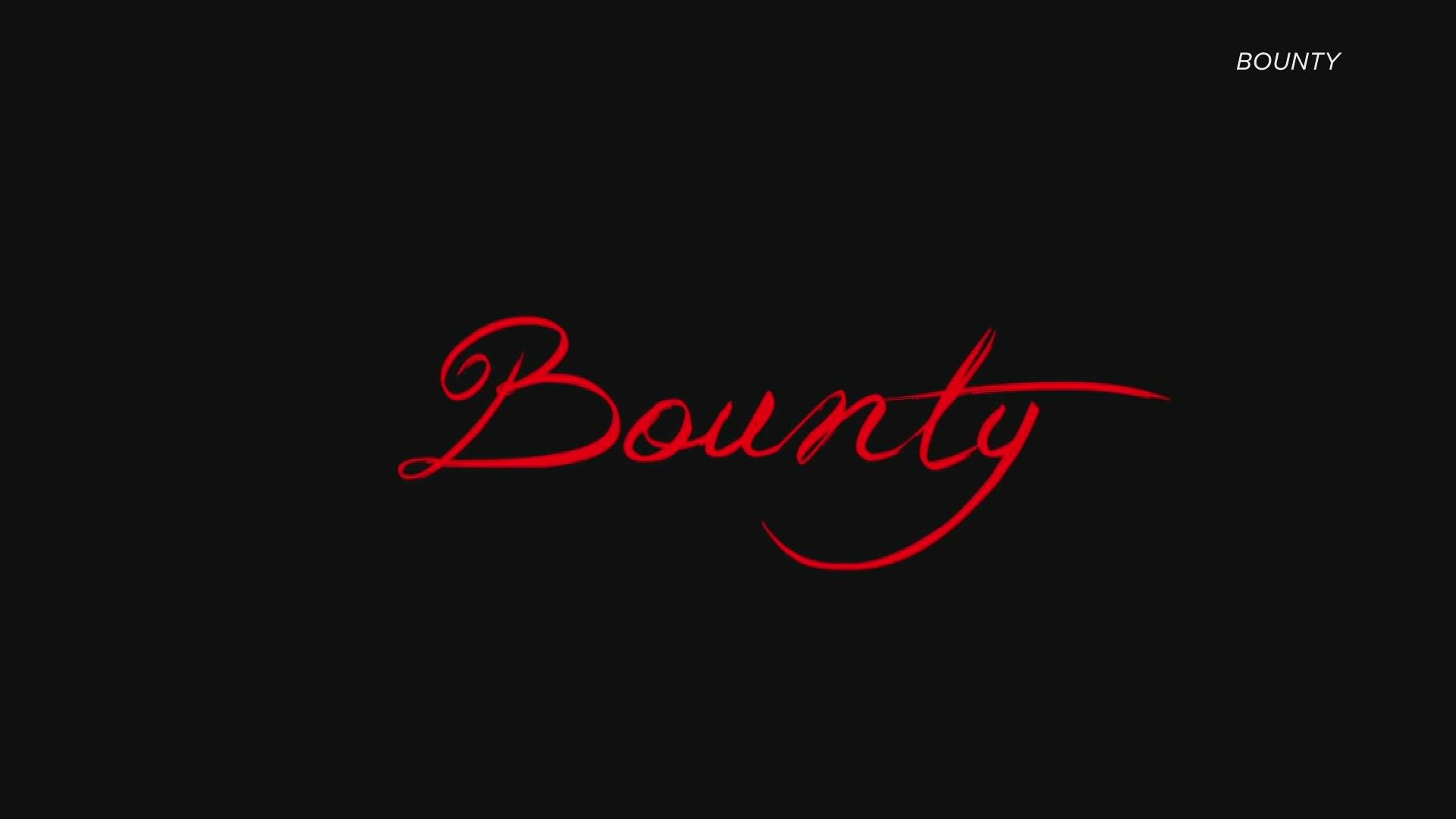PORTLAND, Maine — The poet and civil rights activist Maya Angelou said, “History, despite its wrenching pain, cannot be unlived but if faced with courage, need not be lived again.”
Dawn Neptune Adams understands and has been exploring history’s wrenching pain against her people in a new documentary. Adams and other filmmakers at Upstander Project are trying to teach others through a short documentary called "Bounty."
Three families in Maine — all members of the Penobscot Nation — brought their children to the Old State House in Boston, to the room where a proclamation was signed close to 250 years before. Issued by the government, the proclamation promised to pay settlers to kill Native Americans.
The film takes place here.
"I bring my children because they can see these dark things, but they know there is a real strength and resilience in our people," Penobscot Nation Tribal Ambassador Maulian Dana said in the film.
The proclamation was signed on November 3, 1755, and declared Penobscot Indians "to be enemies rebels, and traitors of his majesty King George II." The proclamation incentivized settlers to pursue, capture, and kill Native Americans by offering cash rewards for their scalps.
"We were to be caught by any means necessary. The motive for settlers to do this was a large sum of money. The equivariant of $12,000 for a man, half that for a woman and less than that for children," co-director of the film, Dawn Neptune Adams, said.
According to filmmakers, there were more than 100 government-issued scalp bounties like the one signed in 1755 in Boston. Those bounties were issued in the U.S. from 1675 to 1885 and resulted in settlers claiming at least 90 bounties in the New England area.
Adams sat with her son Kaden and explained to him what the proclamation meant. It's important to Adams to teach her child and all children history's painful truths and not ignore them.
"When people know the truth of what happened on this land it is easier for them to connect with us and stand in solidarity with us when we ask them to because colonization continues to this day," Adams said.
Adams and other filmmakers hope the documentary will be used to educate in schools and communities throughout Maine. Adams and others are willing to speak at screenings about the making of the film.
Watch the full documentary here.

